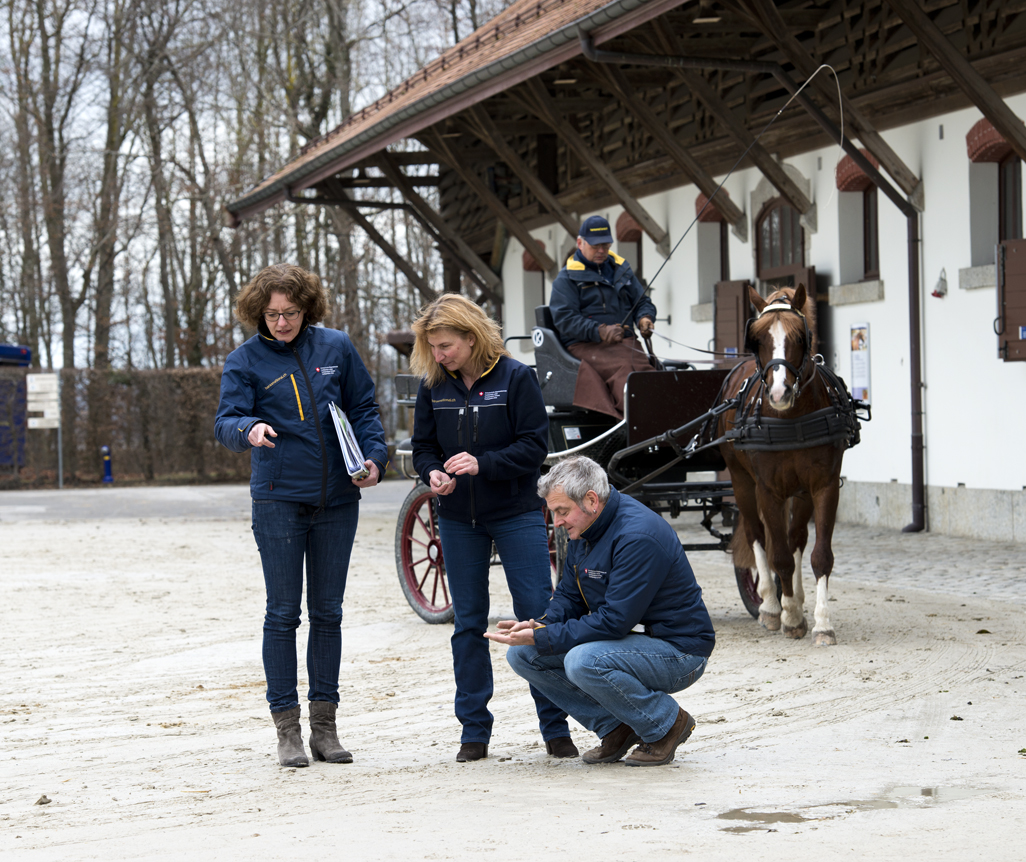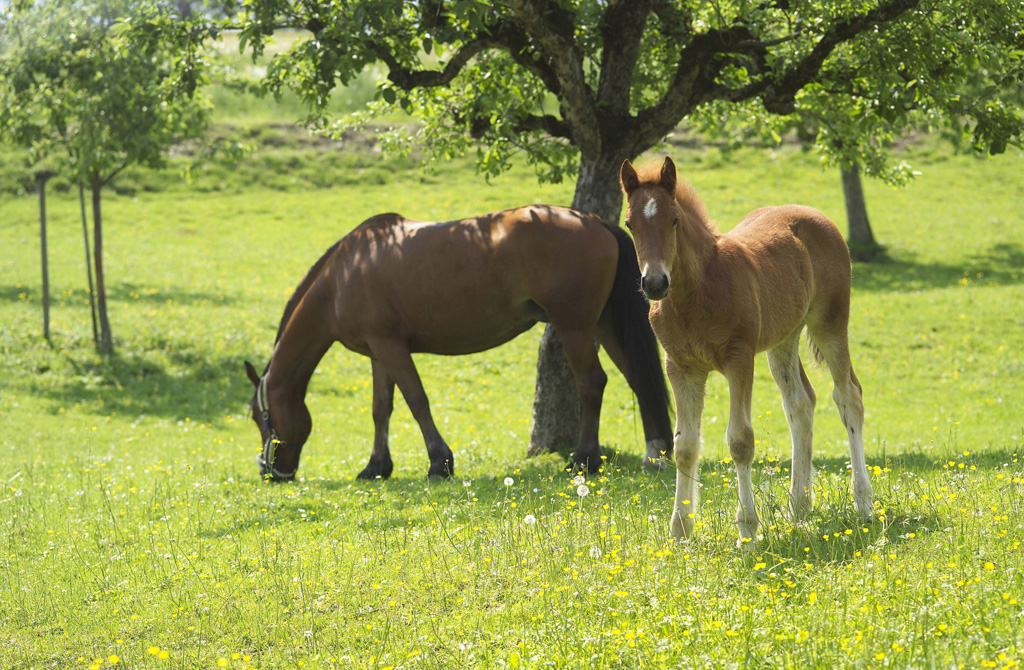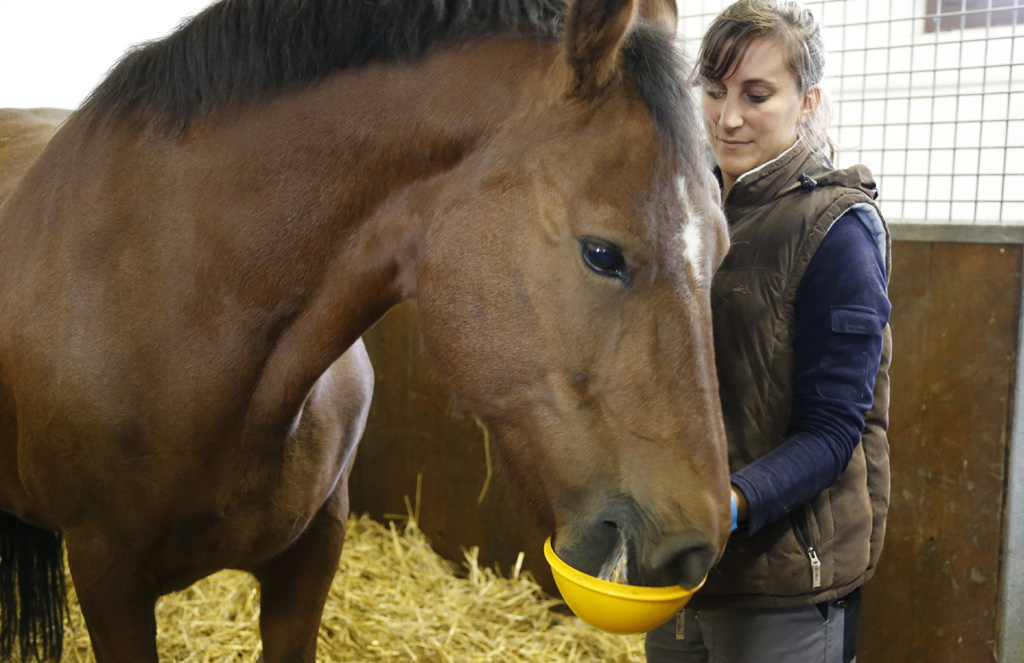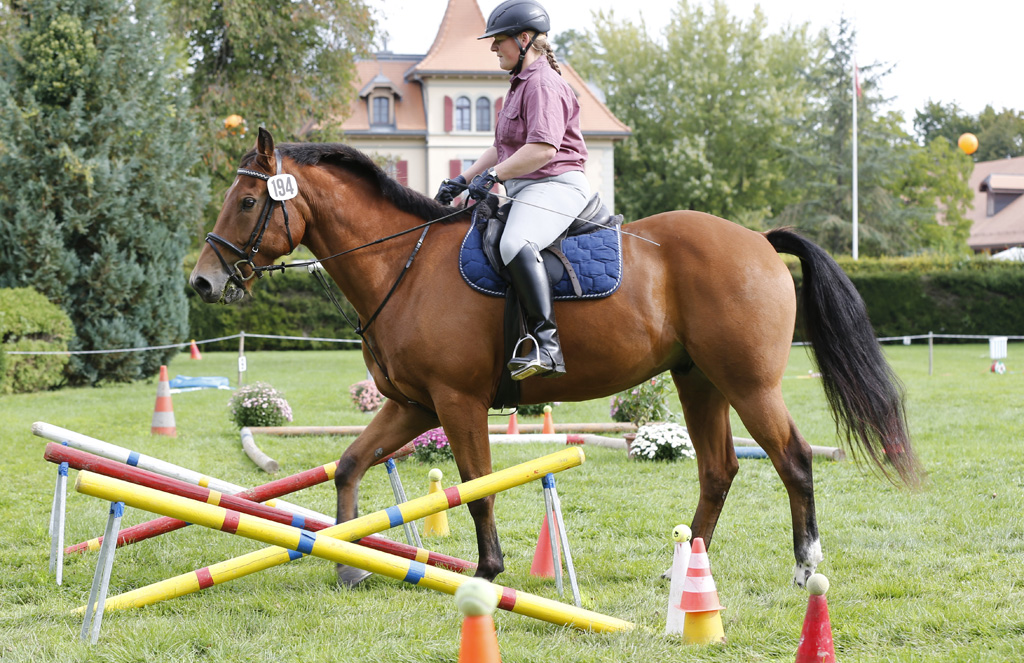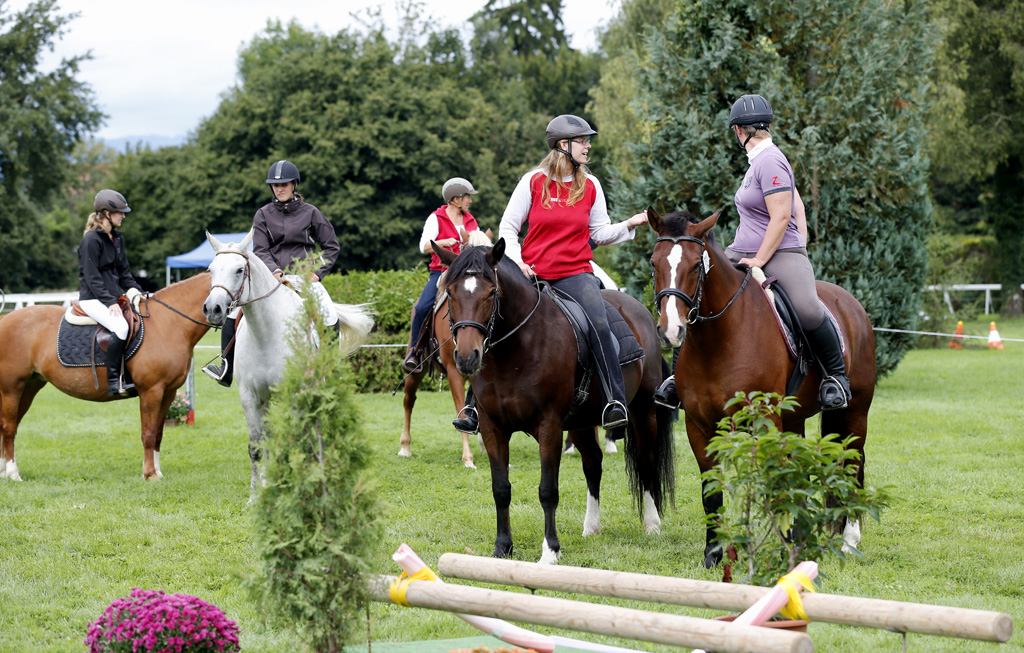Around 110 000 horses, ponies and donkeys kept on 18 000 farms as well as 150 different breeds from around the world, a number of them also bred – this is ‘Horse Country Switzerland’ in figures. Challenges in the Swiss horse industry are numerous, with the focus here being on two in particular: the decline in the number of foal births, and land-use planning.
Once an engine of national economies, despite mechanisation and the arrival of the digital age the horse has not disappeared, and now generates different forms of income in rural areas. Today, horses are first and foremost our valued companions in leisure and sport. It is not least of all for this reason that the horse is an important bridge-builder between town and countryside.
Previously reserved almost exclusively for men, the horse industry in western Europe is nowadays strongly shaped by women. Changing welfare demands and animal protection regulations are among the consequences of that trend.
The keeping and using of horses requires substantial grassland acreage and infrastructure, which is why there are conflicts time and again within the agricultural zone concerning compliance with zoning requirements.
Challenges facing the Swiss horse industry are numerous. Last year, employees of the Swiss National Stud Farm of Agroscope dealt inter alia with issues concerning the declining numbers in horse breeding, as well as how best to optimise the framework conditions for horse keeping in connection with land-use planning.
Fewer and fewer foals
Horse breeding has always occupied a special place in livestock production: The production of horses has never been primarily about food production, but about the provision of ‘horsepower’. In the 21st century, no one in Switzerland or western Europe still needs original horsepower. In this context, the statement seems paradoxical that since the Fifties there haven’t been more horses in Switzerland than today.
For years now, the birth figures for Swiss-bred horses have been declining – down 20% between 2002-2012, and approx. 4800 foals born in 2013. The most important breed raised is the Franches-Montagnes, which accounts for slightly less than 60% of births. A growing horse population and a decline in horse breeding – a further paradox? Breeding horses is time-, effort- and cost-intensive, and associated with risks. What’s more, the sales channels of yesteryear no longer exist, leaving breeders to face an extremely heterogeneous demand market on their own.
An attractive branch of farming
Horses are roughage-consuming animals, and their breeding and rearing are soil-dependent agricultural activities. The agricultural sector is far and away the largest supplier of housing systems and feed for horses, but boarding facilities for horses requires a particularly high level of social competence on the part of the supplier; moreover, quality of the available infrastructure and professional competence of the farmer are crucial factors for success.
A special case in land-use planning
In terms of land-use planning, horse keeping represents a special case within agricultural activities. The introduction of two new articles in the Land-use Planning Law took this aspect and the increasing importance of the horse sector into account.
The amendments bring advantages for large agricultural businesses in particular. Horse boarding has the potential to develop into an interesting and lucrative branch of farming; it is even possible to switch over to this activity full-time. A simplification that benefits all horse keepers is the future ability to make concreted outdoor exercise areas larger than at present.


